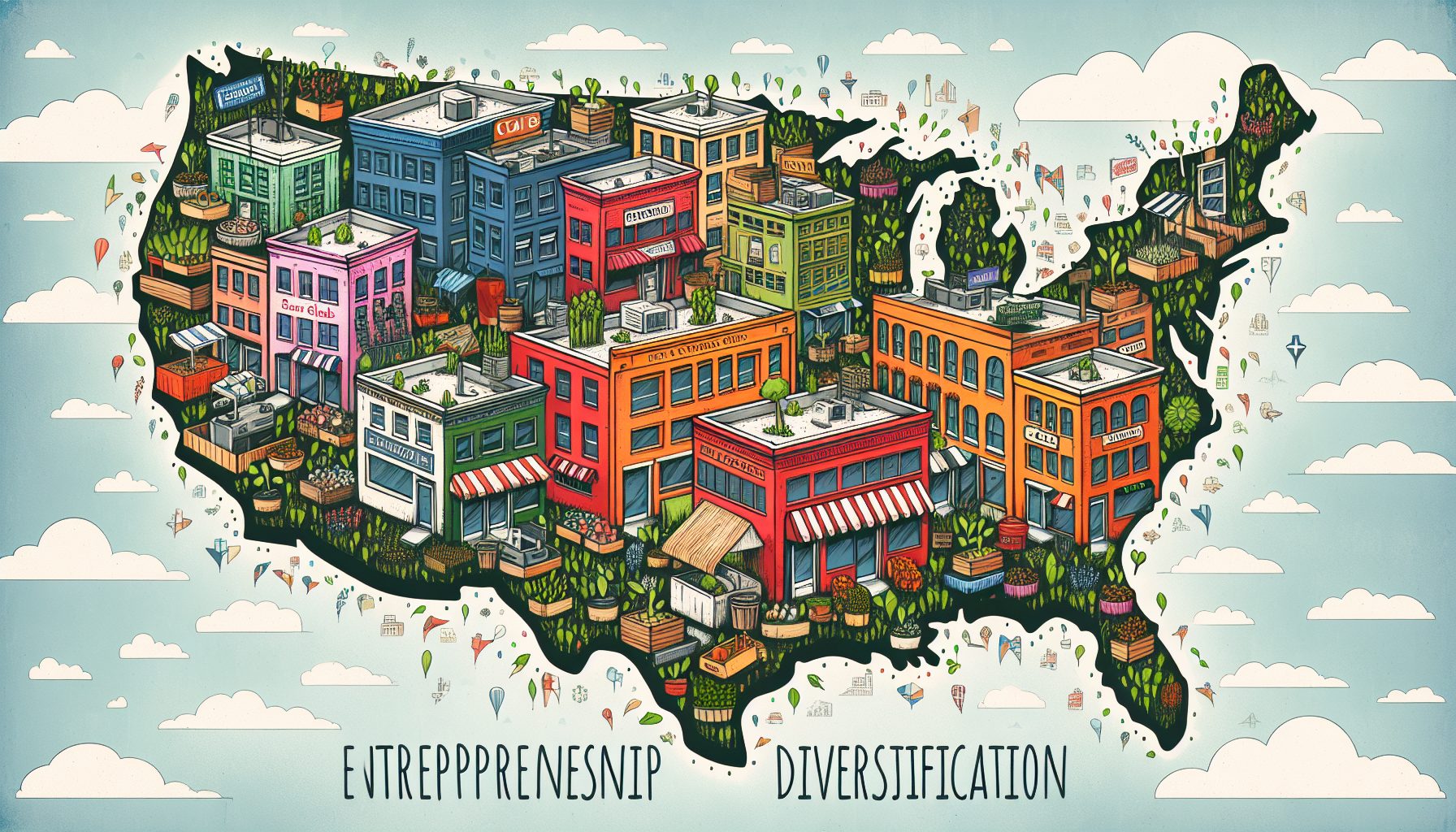Although the legal profession has advanced considerably through the use of digital technology, many tasks remain deeply rooted in the past. In most cases, firms use an array of ad hoc and disconnected tools to do their job. It’s not surprising, then, that the introduction of artificial intelligence and analytics could revolutionize the field.
“Firms are searching for ways to build a better framework for legal research and processes so that they can operate faster and keep costs down,” says Joe Andrew, the global chairman of Dentons, which operates more than 125 offices in over 50 countries.
Dentons has embraced this objective and positioned technology at the center of its business. In fact, the firm is taking information technology beyond the walls of its enterprise.
“We have decided to develop and use technology differently than other firms,” Andrew explains. “The goal is to change the perception that lawyers take money out of clients’ pockets rather than putting money into their pockets.
Today, as much as 70 percent of the legal work in the United States is handled in billable hours. That is not necessarily the best value proposition for the client.”
Introducing Innovative Cloud Services and Tools
Dentons, which has established a separate company, NextLaw Labs, has tapped the expertise of its own attorneys to develop software that uses a platform-as-a-service (PaaS) approach and Watson technology in order to introduce innovative cloud services and tools for clients and other firms. These tools will help automate previously disconnected processes.
The goal is to build a platform that delivers highly integrated tools—Andrew describes it as a “skunkworks”—that the firm can bring to startups and other situations. It is partnering with IBM to deliver IBM Cloud and the IBM Global Entrepreneur Program for Cloud Startups to clients.
Today, “When a client presents a business challenge, it tends to be a problem that’s not easily capsulated or addressed,” Andrew points out. We can use a technology here or there, but no suite of services exists for applying technology to legal problems and challenges in a systematic way.”
One example of the emerging technology involves a partnership with ROSS Intelligence, “an artificially intelligent attorney to help power through legal research.” ROSS, which is based on Watson’s cognitive computing and natural-language processing capabilities, enables attorneys to ask a research question in natural language and receive an evidence-based answer.
The end goal is to create a variety of products and services that mirror the way professionals in other fields tackle projects. Andrew believes that the technology will serve as a key differentiator in the months and years ahead—particularly as the need for solutions that address global needs grows. The ability to address complex tasks in a more integrated and efficient way could transform the legal field—while dramatically lowering costs.
“If you are trying to build an argument that involves 11 countries, all of which have different histories and requirements, it’s extremely complicated and labor-intensive to use different databases,” Andrew points out. “The goal is to build tools that allow lawyers to get to solutions faster and better.”









